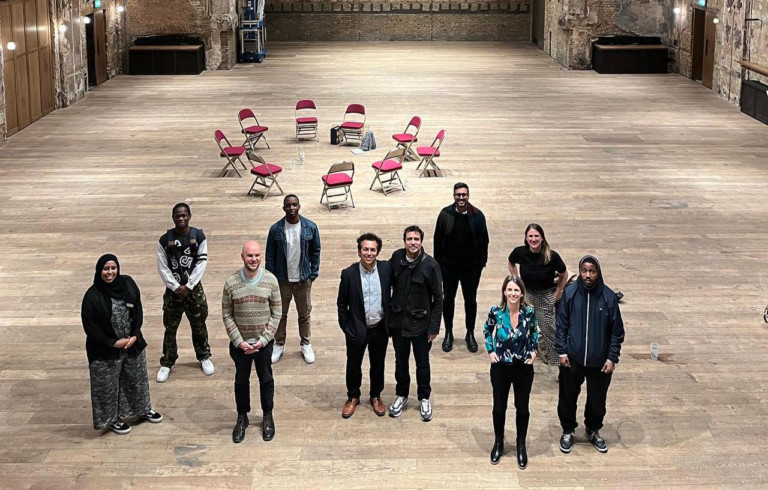By Yula Rocha
London, March 2022- People’s Palace Projects/ QMUL hosted Rio de Janeiro’s Secretary of Culture, Marcus Faustini for a week of meetings with key partners in London’s arts sector to talk about how to bring together environmental and cultural policies. During this visit, People’s Palace Projects announced a new creative climate leadership program in Rio de Janeiro.
As Faustini met directors of Julie’s Bicycle, Battersea Arts Centre, Barbican, South Bank Centre, Donmar Warehouse Theatre, V&A East and the Great London Authority, all agreed that Rio de Janeiro and London can collaborate to create this new strategic agenda and build a global network of arts organisations committed to rethinking their role in responding to the climate crisis. The initiative will be launched officially at Rio+30, when Rio de Janeiro celebrates the 30th anniversary of Eco-92, the first UN conference on climate.
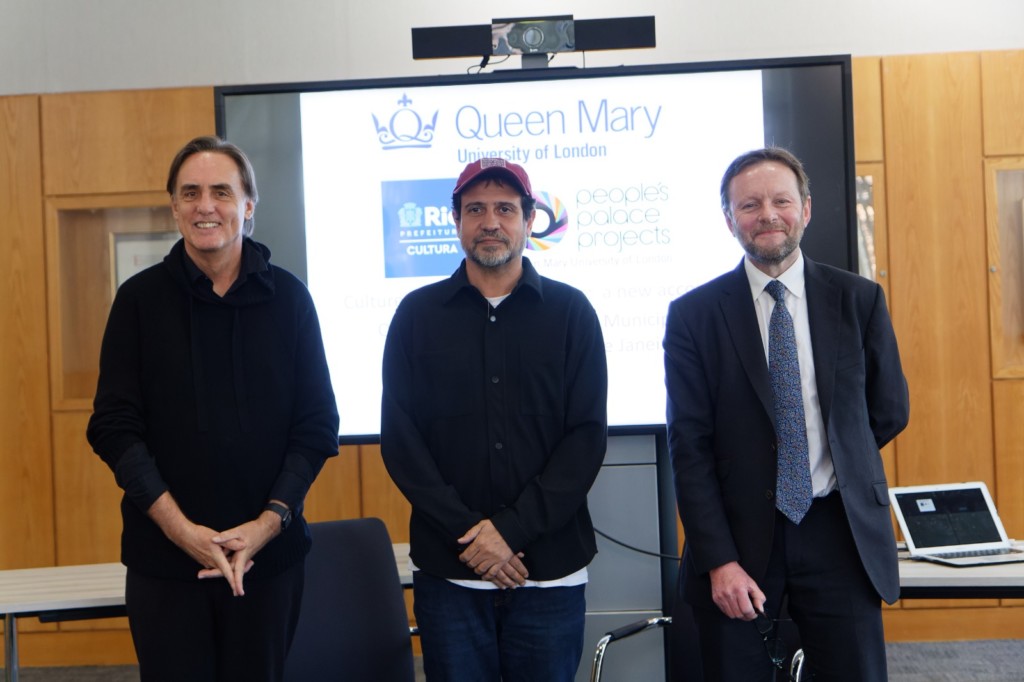
Photo: Julia Testas
At Queen Mary University of London, Rio’s Secretary of Culture was invited for a Q&A session with artists and academics where he laid out his vision for placing culture at the forefront of solving the most pressing urban problems. He has established three so-called ‘zones of culture’ in the most deprived areas of Rio, where residents lack access to basic public services. By doing this, his team not only produces culture with local artists but also improves public transport, health clinics and regenerates green areas. The major cultural policy introduced by his administration was relocating the cultural budget from the wealthy areas of Rio – such as Copacabana and Ipanema – to the favelas and peripheries.
‘The plan is to think about the city, not culture itself’, said Faustini.
Deputy Mayor of London for Culture and Creative Industries, Justine Simons, agreed that culture can address mental health, environmental crisis, housing, policing and crime, in addition to attracting tourism. Rio and London will exchange experiences about creative zones once Rio de Janeiro joins the World Cities Culture Forum with other 41 major cities.
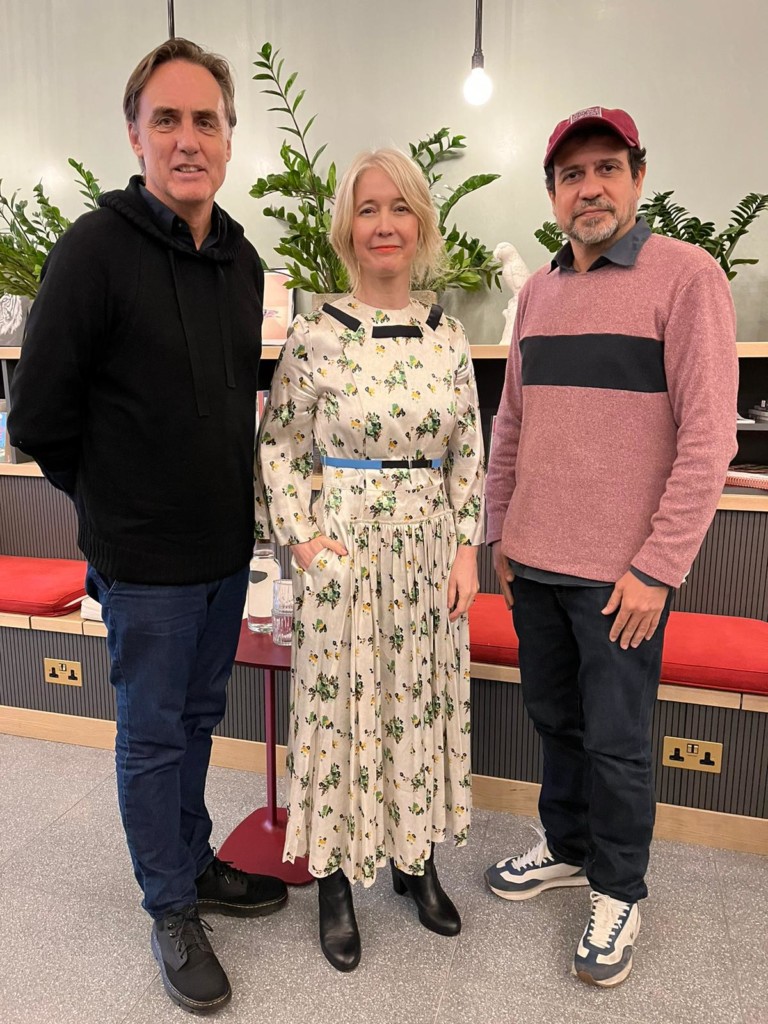
Back in Rio, Paul Heritage announced that People’s Palace Projects do Brasil will develop a creative climate leadership program with 20 managers of cultural organisations in partnership with the city’s Secretary of Culture. The project, funded by AHRC and DCMS, will run from March through October when an international arts exhibition, led by PPP, will open at the Rio+30 summit.
‘It’s human culture that is destroying the planet so it seems urgent that we are able to form a partnership between artists, academics, activists and cultural venues’ managers in Rio and London to create a different culture, the one that will be able to heal the planet. “ adds Paul Heritage.
It’s already happening in London
Donmar Warehouse brings a brilliant example of how the arts can use its platform to lead the climate debate. The theatre company has appointed climate dramaturg Zoë Svendsen as an associate. She is not only concerned with making the building in Covent Garden more sustainable but mainly wants to rethink the climate crisis by giving space to it in performances. Soon, Donmar will open a new play ‘The Trials’ where a teenage jury holds their elders to account for crimes against the climate (read The Guardian story here).
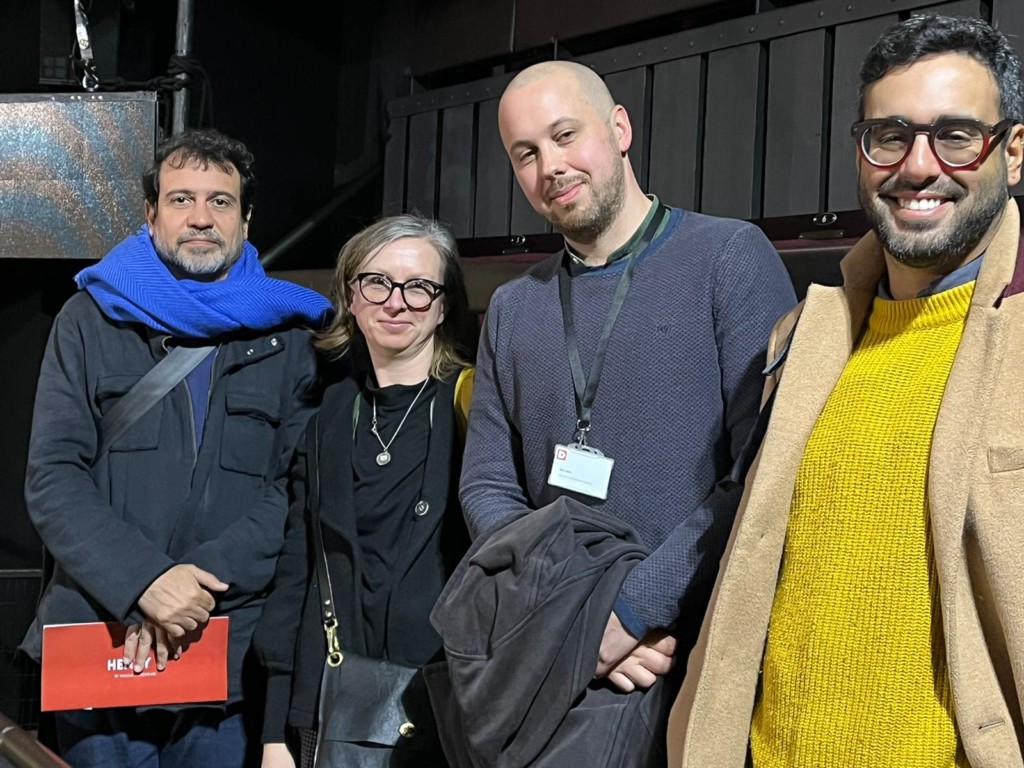
Donmar is also running “eco-logical” workshops with its team and launched the project ‘Climate Conversation’ that hopes to reach up to 400 young people to talk about climate.
Mark Ball, the new director of South Bank, thinks that it is a moral obligation for the cultural sector to join the debate about climate. “If we don’t enter into this debate, the young audience will think we are no longer relevant,” he said in a conversation with PPP and Faustini. They will dedicate an entire programme to the climate crisis in the Summer 2023.
In May, the Barbican will open the exhibition Our Time on Earth that looks to transform the conversation on climate emergency through the power of global creativity, offering radical visions of a sustainable future. Barbican Director Will Gompertz believes that collectively arts can change the world, or at least suggest transformative ways of thinking about the global heating crisis that threatens our planet.
For the Battersea Arts Centre, which runs extensive programmes with young audiences – some of them in partnership with PPP like The Agency and The Verbatim Formula – the topic of climate crisis does not show up among the main concerns of young people served by the centre. However, director Tarek Iskander wants to introduce the subject.
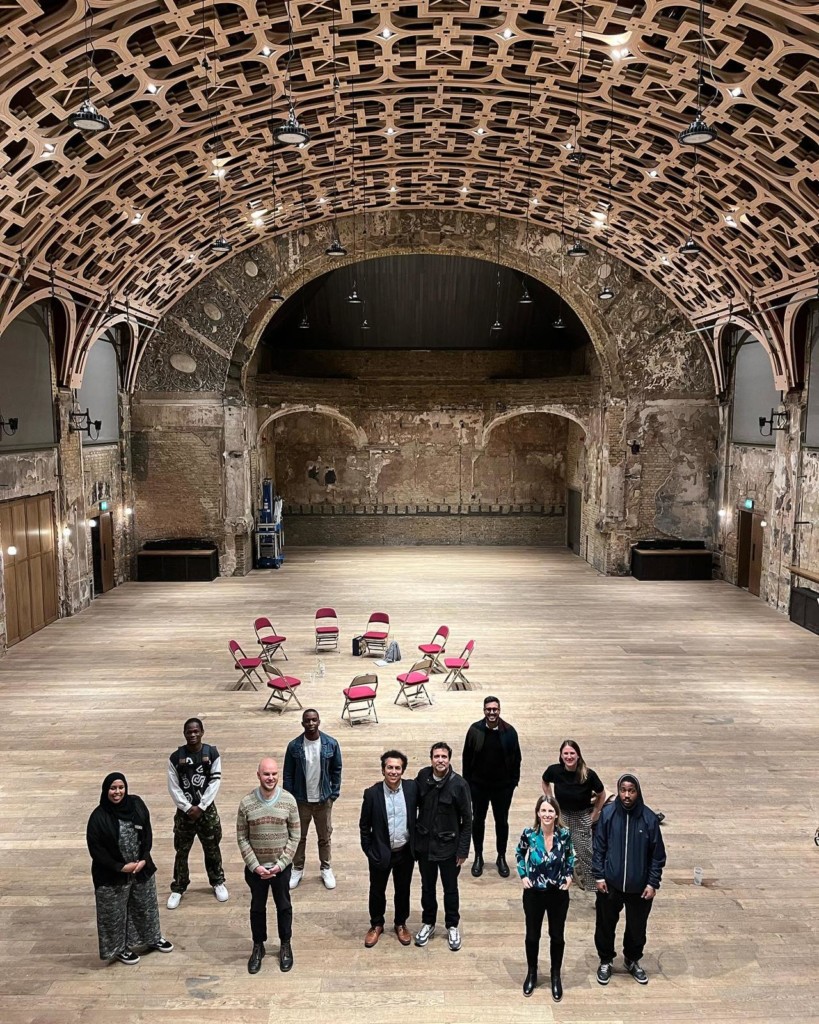
‘Racism, gender inequalities and social injustices have been recurrent themes in artwork, now we need to bring climate to centre stage,’ said Faustini, when he met with young artists who at first appeared sceptical of this idea. But after a few moments of brainstorming, they identified problems from their homeland in Ghana and Somalia, for example. A memory about how the beaches in Africa are covered in plastic can now become a poem, a rap, a play…and they soon got very excited.
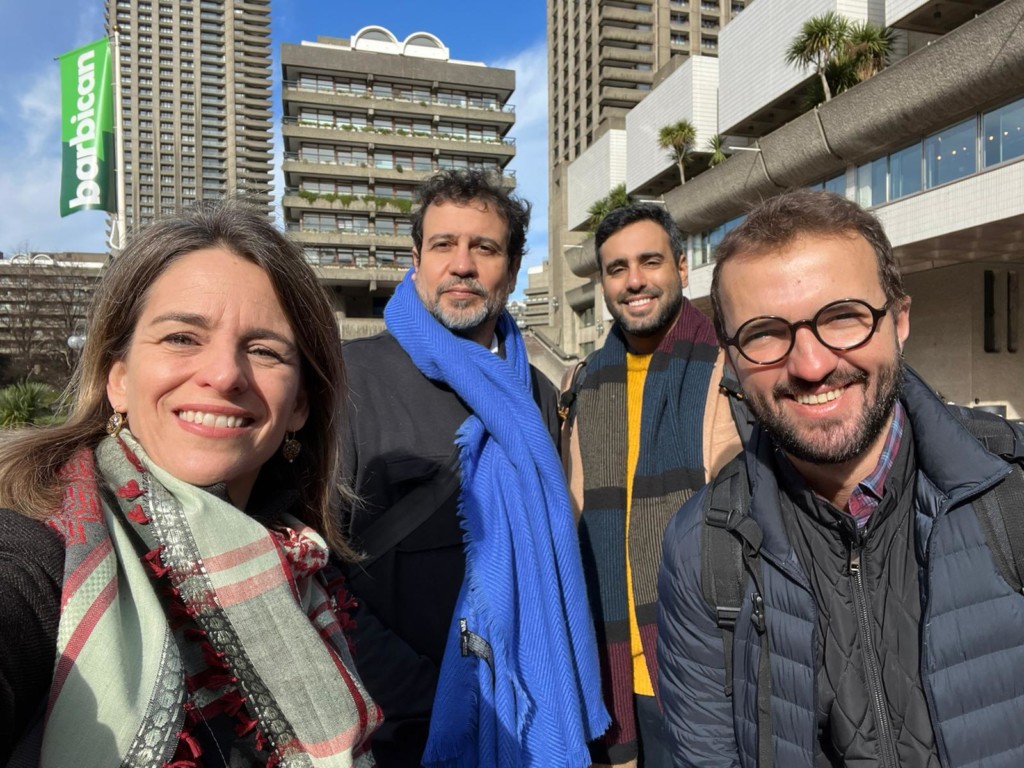
Read about the original project Roots of Resilience here
